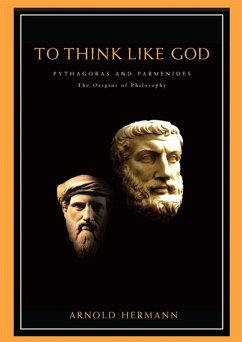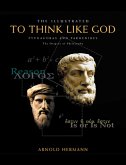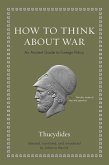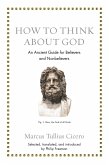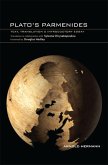This book is the scholarly & fully annotated edition of the award-winning The Illustrated To Think Like God. To Think Like God focuses on the emergence of philosophy as a speculative science, tracing its origins to the Greek colonies of Southern Italy, from the late 6th century to mid-5th century B.C. Special attention is paid to the sage Pythagoras and his movement, the poet Xenophanes of Colophon, and the lawmaker Parmenides of Elea. In their own ways, each thinker held that true insight, whether as wisdom or certainty, belonged not to mortal human beings but to the gods.The Pythagoreans sought to approach this otherwordly knowledge by studying numerical relationships, believing them to govern the universe, and that those who know the number of a thing know its true nature. Yet their quest was a hopeless one, bogged down by cultism, numerology, political conspiracies, bloody uprisings, and exile. Above all, number did not turn out as the most reliable of mediums; it was certainly not a key to the realm of the divine. Thus, their contributions to philosophy's inception, while much better-publicized, was not the most significant. That particular role was reserved for an unusual challenge and the elaborate reaction it provoked.
Dieser Download kann aus rechtlichen Gründen nur mit Rechnungsadresse in A, B, BG, CY, CZ, D, DK, EW, E, FIN, F, GR, HR, H, IRL, I, LT, L, LR, M, NL, PL, P, R, S, SLO, SK ausgeliefert werden.

